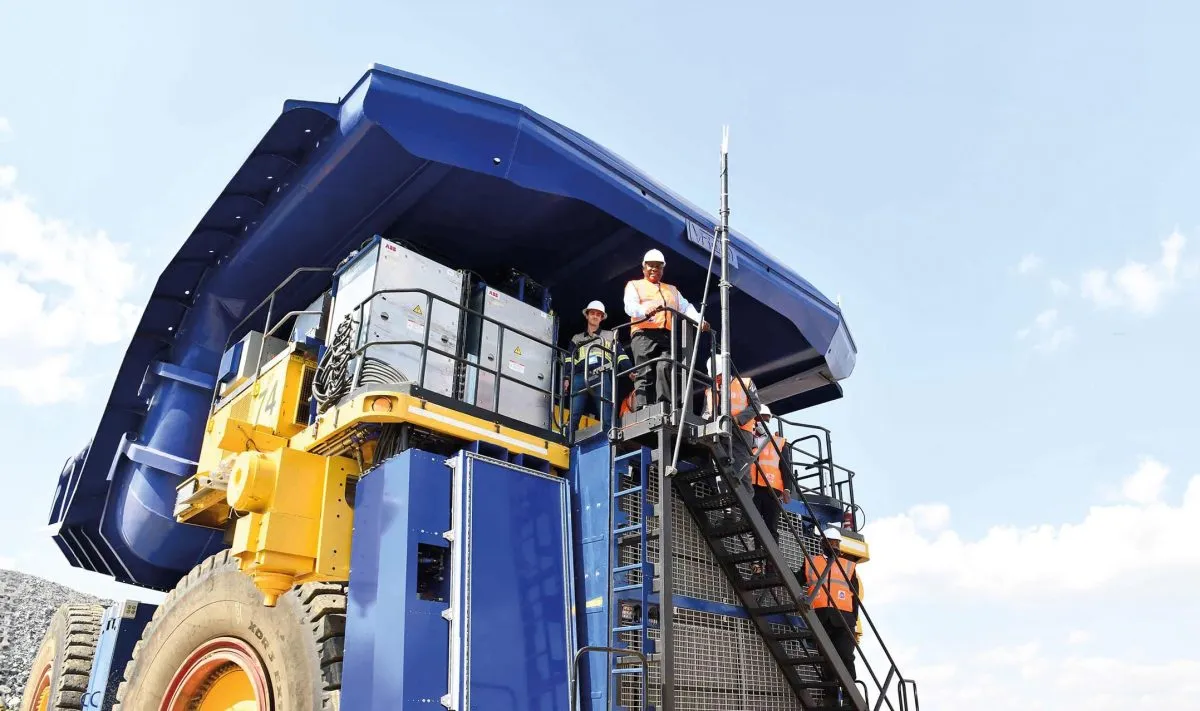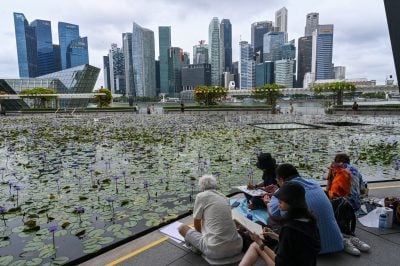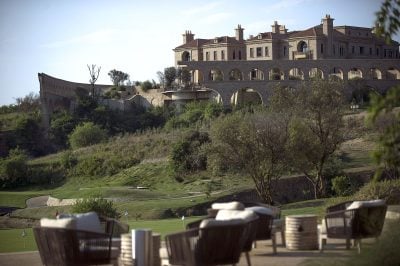This article was produced with the support of Brand South Africa
South African companies have met mixed, but mostly positive, results in their pursuit. These companies took a long-term view in their investment strategy by looking at strong foreign earnings versus South Africa’s volatile currency market.
The charge was famously led by Anglo American and South African Breweries, which went to list in London. Their fortunes have been a microcosm of global performance.
While SAB expanded successfully around the globe, it was eventually acquired by Anheuser Busch InBev. Anglo was frequently stalked by talk of merging with peers such as Rio Tinto and Brazil’s CVRD; it reached its centenary in 2017, but is now in the sights of its larger rival BHP.
According to consultants Krutham this has resulted in South Africa being one of the few emerging markets with a net positive investment position – meaning that South Africans own more investments abroad than foreigners own in the country.
The position turned positive in 2015 and is now approaching a record R1.9 trillion ($103bn). Krutham director Stuart Theobald points out that South African assets abroad have grown to R10.5 trillion ($570bn), up over 300% from R2.5 trillion ten years ago.
South African companies that have shown resilience with investments abroad include mobile telecommunications giant MTN, which operates in 21 countries across Africa and the Middle East and recently surpassed 200m subscribers. It has a reputation for doing business in countries perceived to be tough business environments, including Nigeria, Syria, Afghanistan, and Sudan.
While MTN finalises the sale of MTN Afghanistan, which completed the group’s planned exit of consolidated subsidiaries in the Middle East, the group has also accepted an unsolicited offer, subject to conditions precedent, including regulatory approvals for MTN’s equity interests in MTN Guinea-Bissau and MTN Guinea-Conakry.
MTN Group President and CEO Ralph Mupita says that naira volatility and elevated inflation are its key challenges. MTN plans to invest R35-39bn ($1.9bn or more) in 2024 to position the company to capture the structural demand for data and fintech services across Africa.
Vodacom celebrated its 30th anniversary by surpassing the 200m customer milestone, highlighting its extensive reach across Africa. Vodacom announced a significant 26.4% increase in group revenue to R151bn ($8bn) for the fiscal year ending 31 March 2024. This growth was primarily driven by the company’s strategic acquisition of Egypt and a resilient performance in South Africa, offsetting a challenging economic environment.
The unit, which includes operations in the Democratic Republic of the Congo, Lesotho, Mozambique, and Tanzania, recorded a 16.6% increase in service revenue to R14.7bn, with a 22.3% increase in users.
Vodacom has, however, faced challenges, not only from increased finance and energy costs, inflationary pressures, and weaker exchange rates, but also unfortunately from its start-up losses in Ethiopia.
Supermarket retail groups that have had an impact on the African continent include Shoprite which launched its first foreign operation in Namibia in 1990, and is today Africa’s largest food retailer. Shoprite Holdings is the biggest supermarket retailer in Africa and currently has close to 3,000 stores across the continent, including 2,476 corporate stores and 513 franchise outlets. It is also one of the biggest private employers in South Africa, with over 145,000 employees, and over 30m people shopping in the stores every single day.
The Spar Group, meanwhile, has wholesale warehousing and distribution operations in Southern Africa and parts of Europe that support over 4,500 stores through 14 distribution centres. It operates in 11 countries and reported revenue of R149bn in 2023. In Southern Africa Spar has over 1,000 grocery stores, almost 900 Tops at Spar liquor stores, 400 Build it stores and 125 pharmacies. Tops at Spar and Build it are South Africa’s largest liquor and building supplies retailers, respectively.
Another South African company playing on the global market is Aspen Holdings. Africa’s largest pharmaceutical manufacturer. It supplies branded and generic pharmaceuticals in more than 150 countries across the world, as well as consumer and nutritional products in selected territories. Aspen has 18 pharmaceutical manufacturing sites on six continents. Four are located in South Africa, three in Australia, and one in each of Germany, Tanzania, Kenya, Brazil and Mexico.
Aspen Pharmacare is the company that manufactured Johnson & Johnson’s Covid-19 vaccine in South Africa in 2021. It is also the company that in 2003 launched the first antiretroviral (ARV) drug developed and manufactured in Africa.
Banking groups Standard Bank, Absa, FirstRand and Nedbank are also invested outside South Africa. Standard Bank now operates in 20 African countries and Absa has a presence in 15. Absa recently opened a non-banking subsidiary in the People’s Republic of China. Other financial services companies that have ventured abroad include Sanlam and Discovery.
Sanlam is considered to be among the largest insurance companies in Africa. Since the mid-2000s, the insurer has expanded into 33 African countries to become the largest non-banking financial group on the continent.
A quarter of its net group revenues now originate outside South Africa, predominantly in Africa.
Discovery is a financial services company that also owns subsidiaries in the United States, the United Kingdom, Singapore, Australia, and China.
Old Mutual moved its headquarters to London in 1998 but decided to come back to South Africa in 2018, having been listed for 19 years on the London Stock Exchange.
South Africa has also been attractive to foreign direct investment over the last 30 years. We have to agree that it has many positive attributes for foreign investors, among others its world-class financial services and communication industries, a deep capital market, and abundant natural resources (including renewables).
It has a strategic geographical location for entry into sub-Saharan Africa, has a transparent legal system, and a certain degree of political and policy stability, among many other features. For a country that has overcome so much as a young democracy, it continues to punch above its weight, inspire new ways and remains resilient against all odds.

 Sign in with Google
Sign in with Google 



